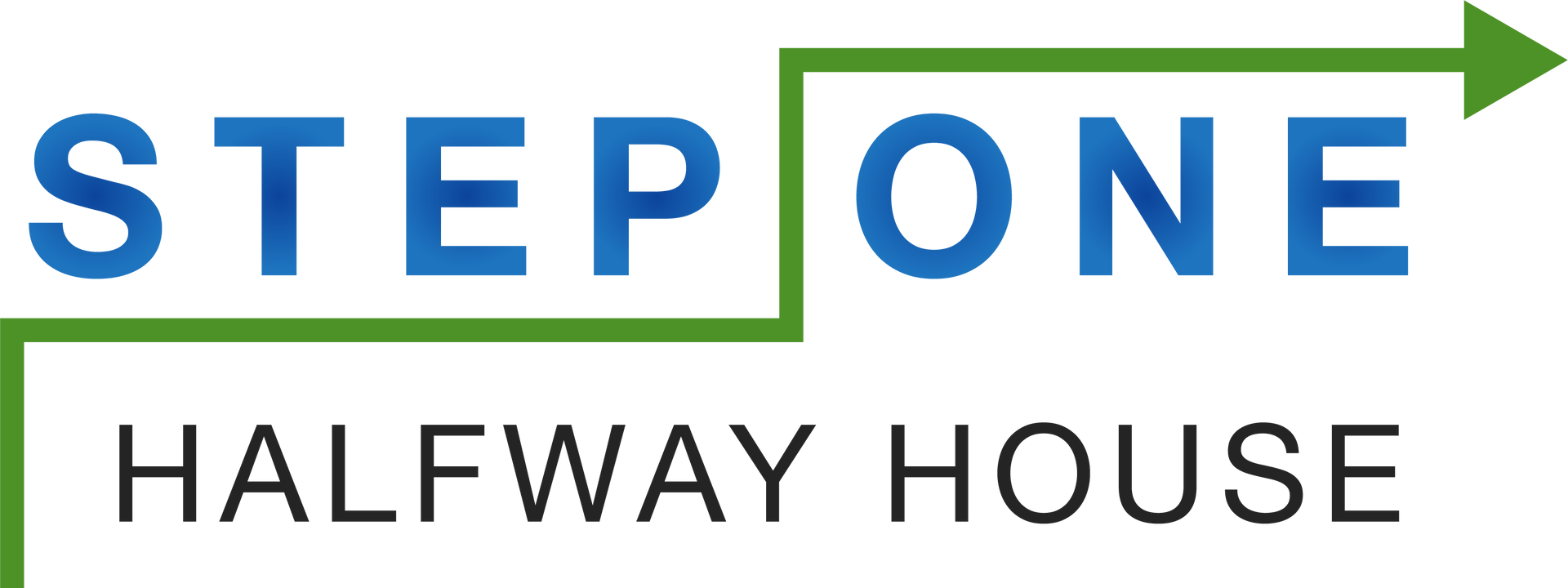Challenges Can Spark Personal Growth
Rising Stronger: How Navigating Life’s Challenges Can Spark Personal Growth
Life doesn’t always move in straight lines. For many, the hardest chapters, the ones marked by setbacks, uncertainty, or recovery, become the turning points that lead to transformation. Growth doesn’t happen in the absence of struggle; it happens through it.
If you’re rebuilding, healing, or starting over, remember this: adversity isn’t just something to survive. It's something that can shape you into a wiser, more grounded, more purpose-driven version of yourself.
🌅 Highlights
● Adversity isn’t failure; it’s feedback for growth.
● Small steps toward structure, reflection, and connection build resilience.
● Your story can become your strength — not your shadow.
● New learning, purpose, and service can help turn recovery into renewal.
Step 1: Reframe Adversity as an Opportunity
When facing hard times, it’s easy to ask “Why me?” But reframing the question to “What can this teach me?” shifts everything.
Adversity forces reflection. It helps you identify what truly matters and what no longer serves you. Whether it’s relationships, habits, or old self-beliefs, tough experiences often clear the space for something better to take root.
Tip: Start journaling your reflections. Track what challenges you’ve faced, how you handled them, and what strengths helped you through. Over time, patterns of growth become clear and empowering.
Step 2: Build Resilience Through Routine
Healing and growth thrive in consistency. Establishing routines, even simple ones, brings calm and structure to days that might otherwise feel unpredictable.
Try:
● A morning walk or stretch to start your day with movement.
● Setting
one intention each day, no matter how small.
● Evening reflection or gratitude journaling to ground your thoughts.
Small acts of self-discipline compound into confidence.
Step 3: Connect With People Who Understand the Journey
Support isn’t a luxury, it’s essential. Surround yourself with people who understand recovery and personal growth, whether that’s a peer group, mentor, counselor, or online community.
Sharing your progress, fears, and victories creates accountability and connection. You don’t have to do this alone, and in fact, you’ll go further when you don’t.
Step 4: Find Purpose Through Learning and Growth
Sometimes, life’s hardest seasons point toward new paths, and education can be one of them. Many people find that pursuing new knowledge gives them a renewed sense of focus, confidence, and purpose.
Nursing and other service-based careers often resonate deeply with people who’ve overcome adversity. If you’re thinking about starting fresh or building on earlier education, earn your MSN or explore other online degree options that align with your goals.
Online programs make it possible to earn your degree while still working full-time or caring for family, allowing you to balance personal recovery with forward momentum.
Some other great options could be counseling, psychology, coaching, or teaching.
Such careers bring:
● Compassion
● Resilience
● Helping others grow
Your journey can become a source of strength for others and a foundation for a career that gives back.
Step 5: Embrace Growth as a Lifelong Practice
Personal growth isn’t a destination as much as it’s an ongoing process. Even after recovery, there will be ups and downs, successes and setbacks. What matters most is your willingness to keep learning, adapting, and showing up.
Ways to continue your growth journey:
● Read one inspiring book each month about resilience or mindset.
● Keep a gratitude list for perspective.
● Celebrate
progress instead of perfection.
● Practice forgiveness both of others and yourself.
Growth happens slowly, and then, suddenly, it shows.
🌿 Common Challenges and Growth Opportunities in Recovery
Challenge
Emotional Impact
Growth Opportunity
Helpful Action
Feelings of guilt or regret
Low self-worth, discouragement
Develop self-compassion and forgiveness
Write letters of release or affirmations
Loss of old routines or friends
Loneliness, identity confusion
Build healthy new habits and connections
Join support groups or classes
Fear of failure
Hesitation to move forward
Learn resilience through small wins
Set weekly goals and track progress
Uncertainty about the future
Anxiety or doubt
Redefine purpose and direction
Volunteer or take a new course
Relapse or setbacks
Shame, frustration
Practice self-awareness and recommitment
Talk to a sponsor, mentor, or therapist
Each challenge can be a teacher — revealing what still needs healing and what’s ready to grow.
✅ Personal Growth Checklist
Use this list as a guide to keep yourself on track:
● I’ve identified what challenges have shaped my growth.
● I’m maintaining a daily or weekly routine that grounds me.
● I seek connection with supportive people or groups.
● I treat myself with compassion instead of criticism.
● I’m setting achievable goals and celebrating progress.
● I’m learning new skills or exploring new paths for my future.
● I focus on the present moment instead of past regrets.
● I remind myself regularly of how far I’ve come.
🧭 Tip: Keep this checklist somewhere visible — growth is easier to see when you measure it with kindness.
🌱 Glossary
Resilience: The ability to recover and adapt after difficult experiences.
Self-Compassion: Treating yourself with understanding rather than harsh self-criticism.
Mindset: The set of beliefs that shape how you interpret and respond to challenges.
Purpose: A sense of direction or meaning that guides your actions and choices.
✨ Wrap Up
Adversity can break you open, but it can also build you. Every challenge you’ve faced has given you insight, empathy, and inner strength that can guide your next chapter.
When you turn your struggles into lessons, and your lessons into action, you not only grow, you transform. Recovery isn’t just about getting back to who you were; it’s about becoming someone wiser, steadier, and more capable than before.
Every setback can be a seed, and you’re the soil where growth begins again.













